There hasn’t been quite a director like Stanley Kubrick. The auteur of auteurs, Kubrick, in his 50-year career, had a reputation for being a perfectionist to the nth degree. Even perfect wasn’t perfect for him. A cinema genius who assumed near-total control over his films, from writing to editing to directing, it was probably a huge pain for actors to act in his scenes, given his extraordinarily close attention to detail.
As with most great directors of cinema, Kubrick’s filmography contains some of the most iconic and thought-provoking films and scenes in the history of cinema. He’s worked on most genres, from horror to thriller to dark comedy to science fiction, pushing the envelope almost every single time, which incurred a significant amount of controversy during his storied career. But he didn’t care.
I’ve done lists on other great directors of film, and obviously Kubrick has to be one of them. It has been extremely difficult picking a top 10, but here are what I think Stanley Kubrick’s 10 greatest movies:
WATCH: 2001: A Space Odyssey EXPLAINED
Stanley Kubrick Best Movies
10. Lolita (1962)
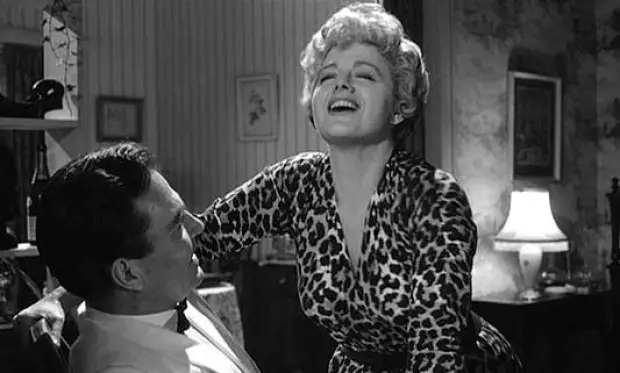
A black comedy about a pedophile rapist would definitely cause controversy today, so you can imagine what Kubrick faced back in 1962. Based on the classic novel which was deemed ‘unfilmable’, Kubrick decided to do the exact opposite. Censorship issues came forth and changed quite a number of scenes in the movie. Kubrick later claimed if he had known beforehand how severe the censorship restrictions would be, he wouldn’t have made Lolita. Uncharacteristically, it wasn’t a grand slam classic, but more of a miss. In no way a failure, but Kubrick was better than that. Way better.
9. Eyes Wide Shut (1999)
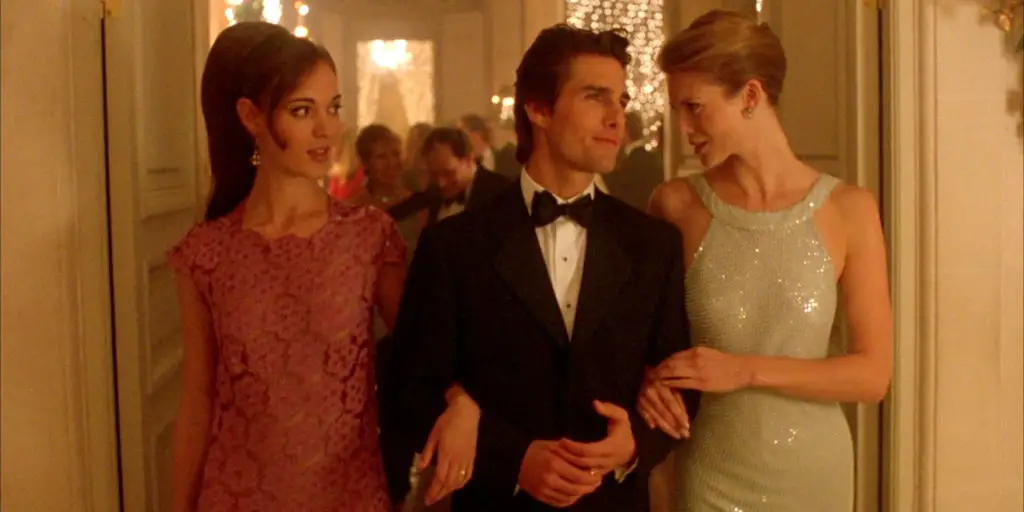
Kubrick was always regarded as a cold and calculating director who had no business dealing with ‘trivial’ matters such as human emotion. That changed with his last movie ever, Eyes Wide Shut. Starring then husband-and-wife Tom Cruise and Nicole Kidman, Eyes Wide Shut study of sociosexual paranoia, albeit an underwhelming one. It was hyped as an art house erotica which would’ve been his ultimate masterpiece, but alas, it was neither of those. It moves at snail-slow pace, ever slower than Kubrick’s usual standards. A good movie by normal standards, but it doesn’t cut it for Kubrick.
8. The Killing (1956)
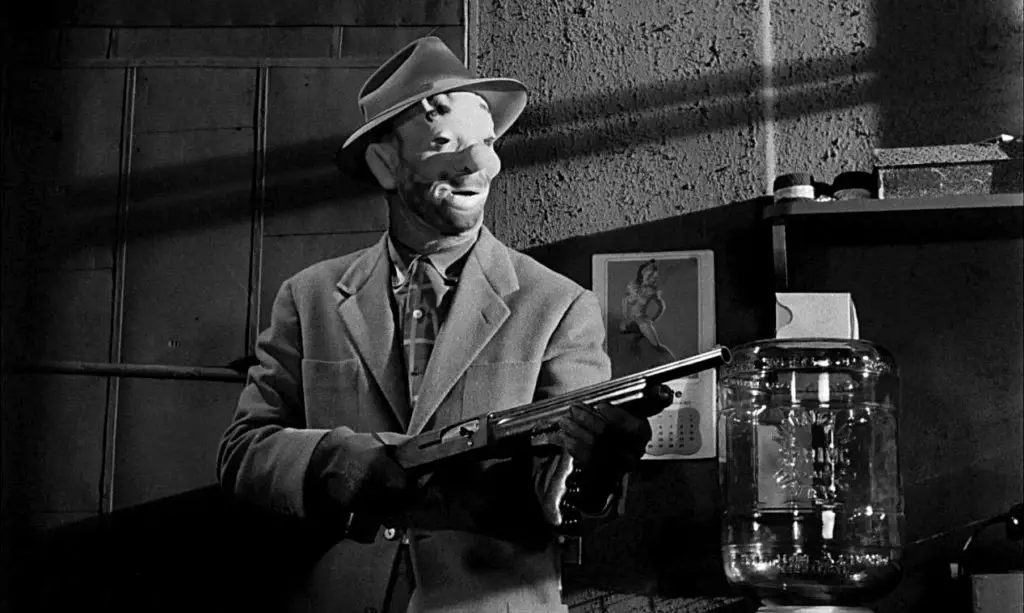
The Killing was a huge step forward in Kubrick’s career. Starring Sterling Hayden as a career criminal who recruits a group of specialists to pull off a daring racecourse heist, this film is film noir at it’s finest. Even today, it remains hugely influential, with core elements of it evident in Quentin Tarantino’s classic Reservoir Dogs. Kubrick turns a movie filled with B-movie tropes into a classic film noir with well-used character arcs. Add Kubrick’s smooth camerawork and you’re off to the races.
7. Paths of Glory (1957)
The late 50s was when Kubrick proved to the world that he could seamlessly shift between genres with scintillating results. This World War 1 drama was Kubrick announcing himself as a big league player. Winston Churchill considered Paths of Glory to showcase the most realistic portrayal of trench warfare, but the film was anti-war at heart with its shocking and brutal portrayal of World War 1. The stroll through the trenches remains one of the most iconic shots in cinema history to this day.
6. Full Metal Jacket (1987)
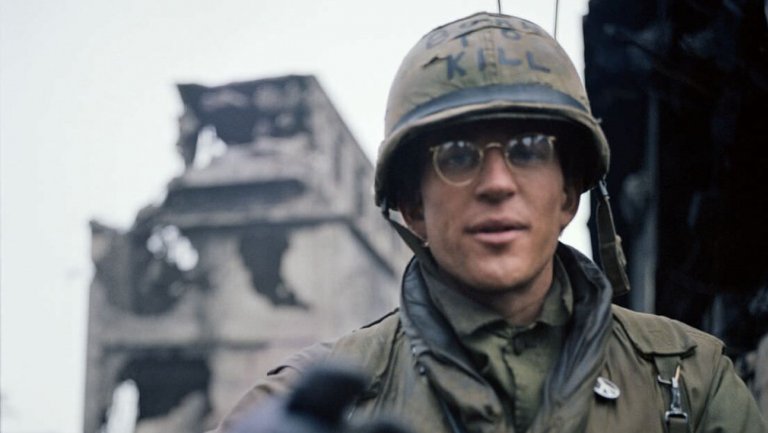
Full Metal Jacket is one of the greatest films of the 80s and one of the greatest war films of all time. By then, there had been a few movies based on the Vietnam War, like The Deer Hunter, Apocalypse Now and Platoon. By comparison, Full Metal Jacket may have suffered at first, but years later, the true meaning and uniqueness of the movie was realised. It contains many iconic Kubrick shots, like the climactic battle with a girl sniper systematically slaughtering the Marines. But Full Metal Jacket was more than just a war film. Along with the traumatizing effects of combat battle, Kubrick portrayed the mental toll it took on cadets with the brutal training regime under a dictator-like sergeant who yelled nothing but profanity at their faces. God, that scene is still funny.
5. The Shining (1980)
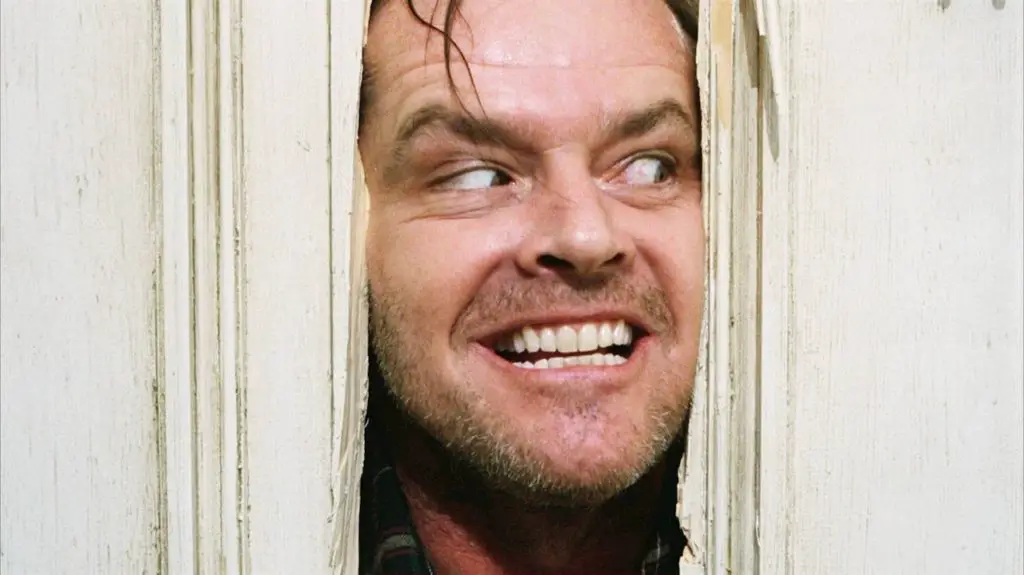
“HEEEEEERE’S JOHNNY!”
The Shining is the geekiest and most influential movie on this list. Kubrick had slowly but surely established himself as one of the great directors of his generation, but by 1980, there was none he could call a total box office success in addition to critical acclaim. Kubrick once again decided to mould the horror genre in his own vision, bringing a psychological touch to it. The creepiness level is maxed out, and Jack Nicholson gives one of the most chilling performances in cinema history. Shelley Duvall’s utter desperation and fear emanates to the audience as well, and all of us seem to be stuck in the Overlook Hotel with no way out. Each scene in The Shining seems to have its own iconic status, notably the elevator scene, the twins, the maze. And Room 237. *shudders*
4. A Clockwork Orange (1971)
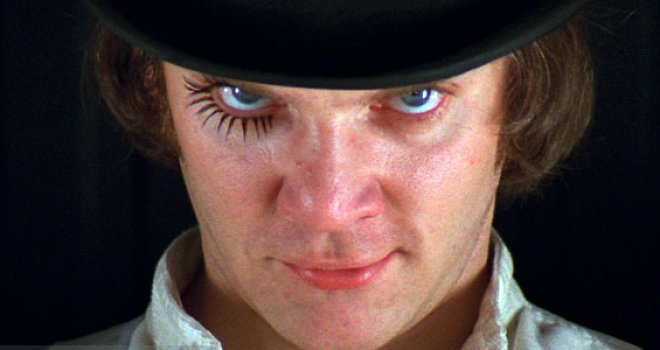
Kubrick decided to mix things up in the early 70s, bringing in an era of rebellion. The character of teenage delinquent Alex DeLarge (played by Malcolm McDowell) has been safely incorporated into popular culture, along with the rest of this movie. With this dystopian crime film, Kubrick decides to portray the darker side of humanity, giving heavy political undertones in the process. The character of Alex DeLarge is in no way a saint, but the movie is an examination of criminality and rehabilitation, a satirical criticism, if you will. The movie remains as thought provoking today as it was when it first released.
3. Barry Lyndon (1975)
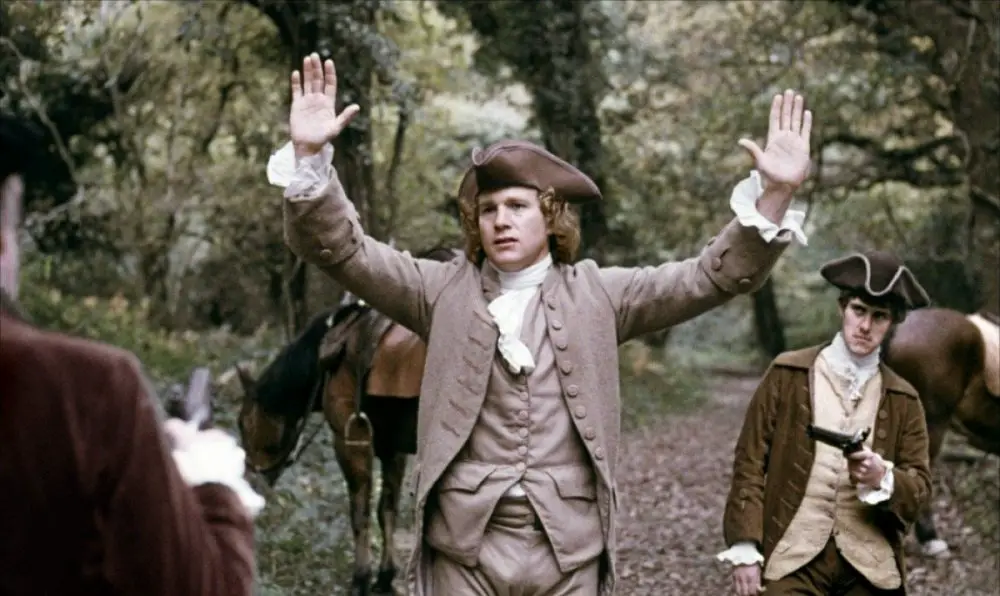
Say what you will about Barry Lyndon, but it is one of Kubrick’s finest movies, as well as the most visually beautiful movies made on the basis of costume and cinematography. This tale about the rise and fall of an 18th-century Irish rogue hero won 4 Academy Awards. This movie is proof of Kubrick’s attention to detail, as he gets all the desired shots he wanted, including one where he uses Nasa lenses in candlelight. Barry Lyndon is technically brilliant and one of Kubrick’s finest.
2. Dr Strangelove or: How I Learned to Stop Worrying and Love the Bomb (1964)

Kubrick’s cynical attitude comes to light here in this absolutely hilarious war satire. Only Kubrick could make a comedy about the possibility of nuclear war. With the Cold War slowly heating up, and right after the Cuban Missile Crisis, this was a bold move by Kubrick. But hell, was it funny. Finding humour in the most chilling of situations, with Peter Sellers giving a performance for the ages. Today, Dr. Strangelove is a pop culture classic, and it has only gotten better with time.
1. 2001: A Space Odyssey (1968)

Stanley Kubrick’s magnum opus is a milestone film in cinematic history. It is a masterpiece in every sense of the word. A film that hypnotizes you with its beautiful shots and its surprisingly brilliant special effects, good by even today’s standards. 2001: A Space Odyssey is more philosophical than science fiction, with Kubrick posing questions about the evolution of mankind and the presence of a God or some higher being. Kubrick has made some of the finest films in history, but only 2001 could take the honour of being called his magnum opus. It’s surprising when you think about the mixed reviews it got when it released, but it only goes to show how far ahead of its time the movie was. 2001: A Space Odyssey is a piece of visual and intellectual brilliance. It is the defining achievement of one of the greatest directors of all time.

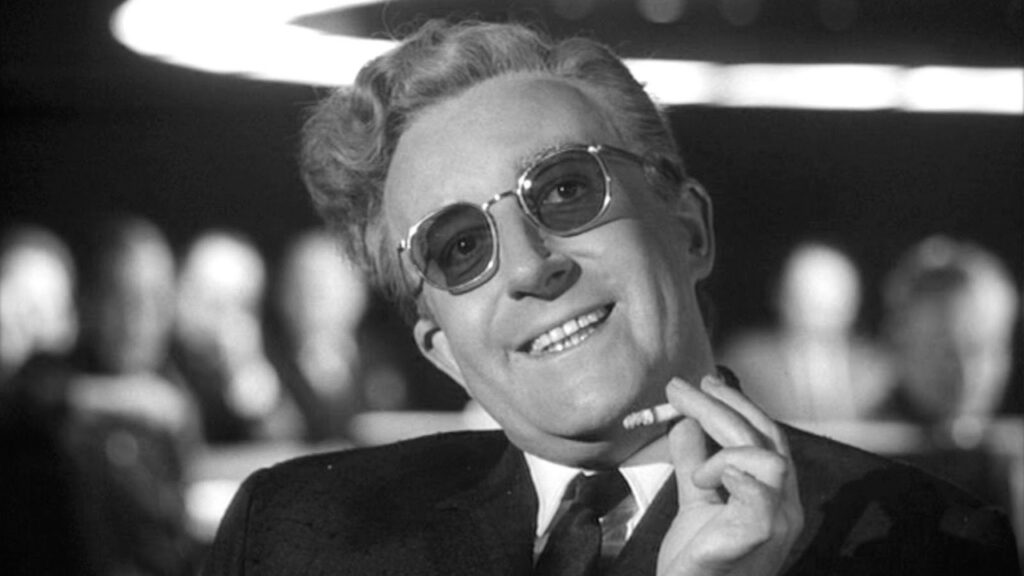

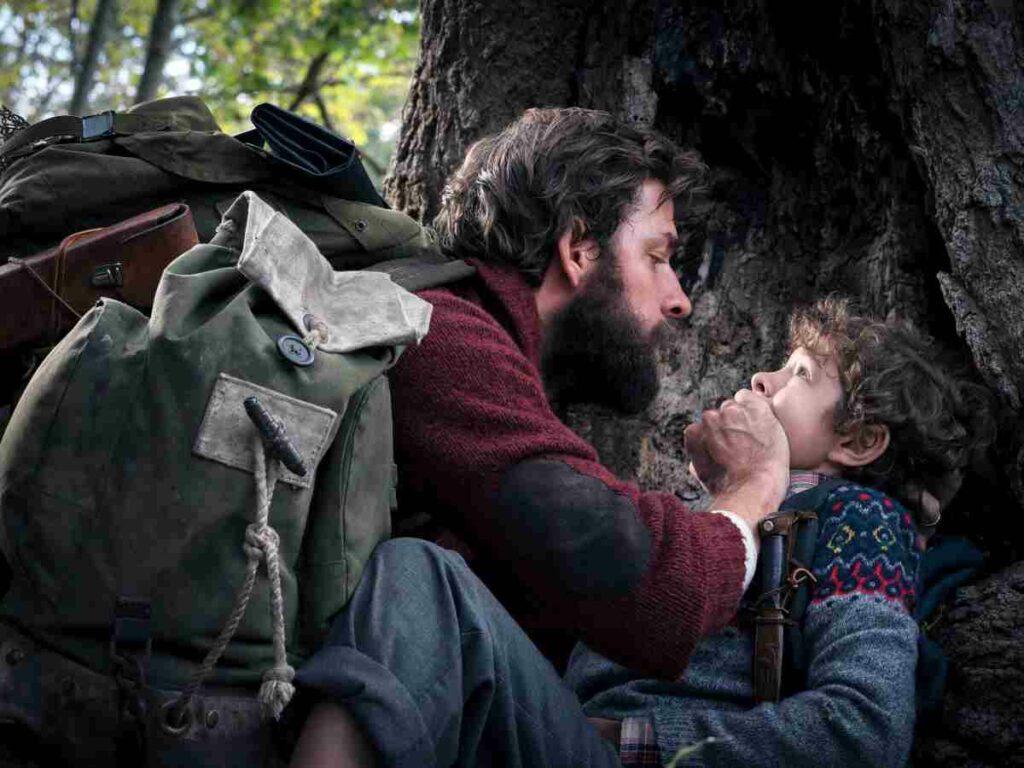
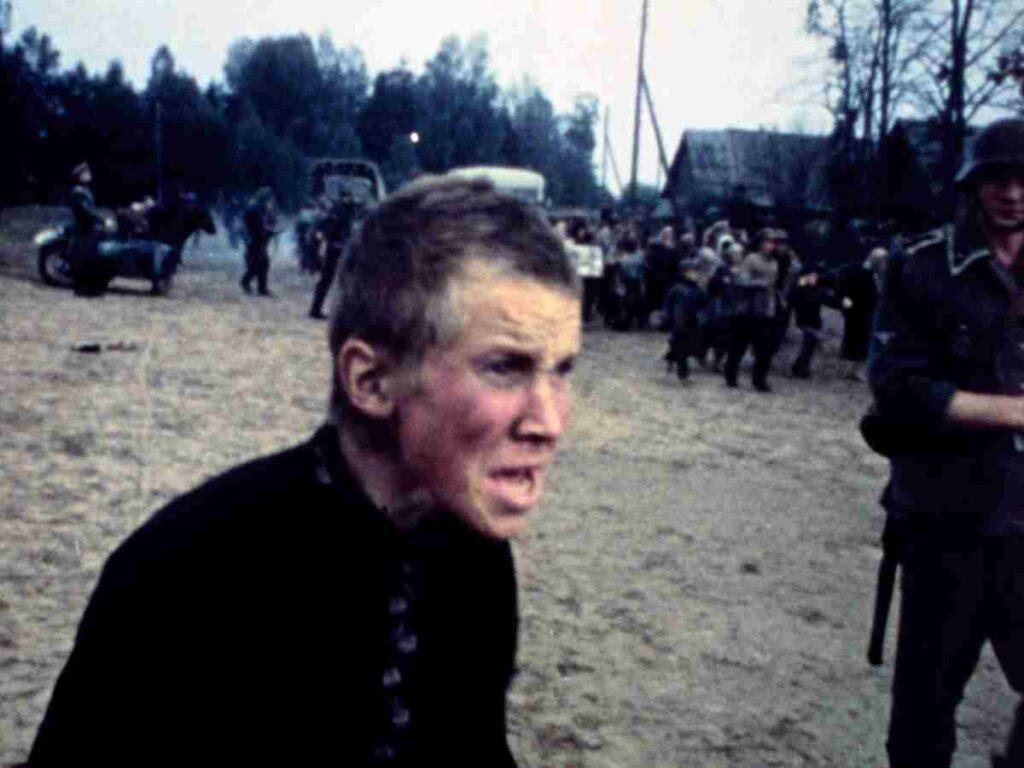
1 thought on “Stanley Kubrick Best Movies, Ranked: Top 10”
Comments are closed.